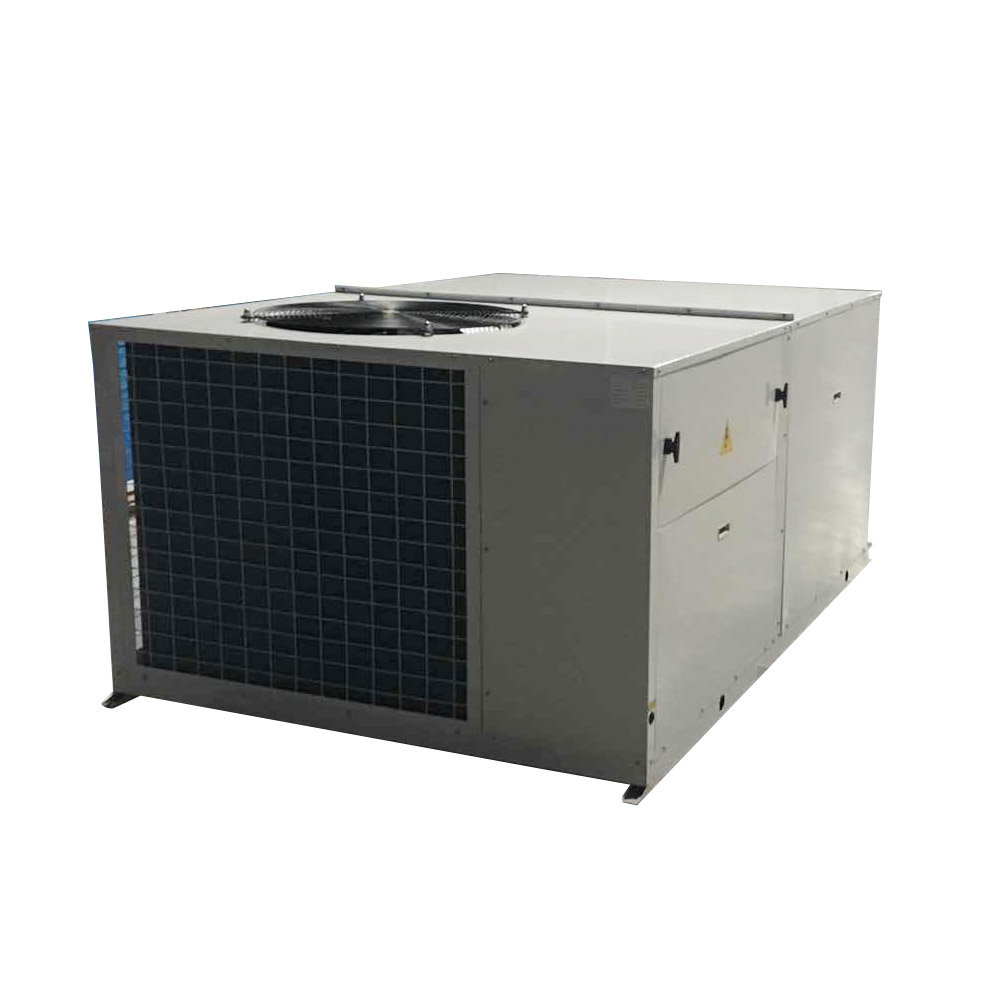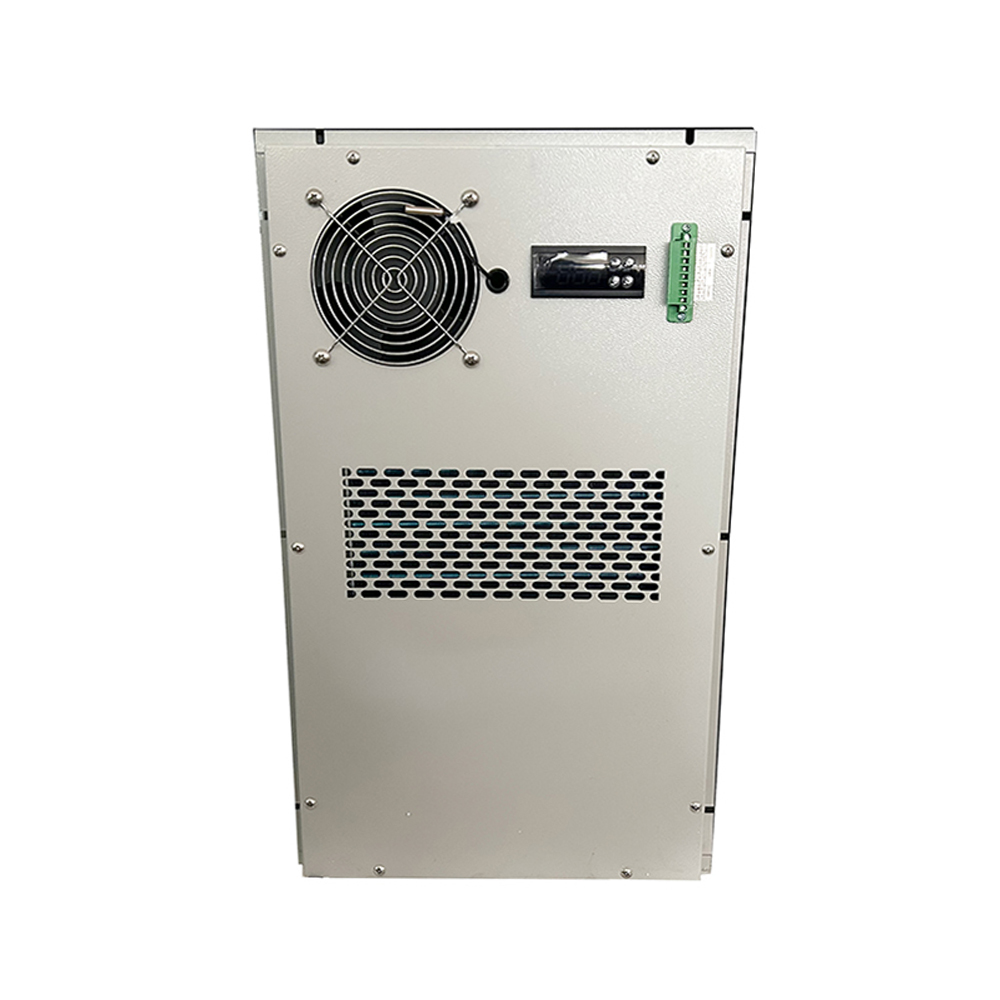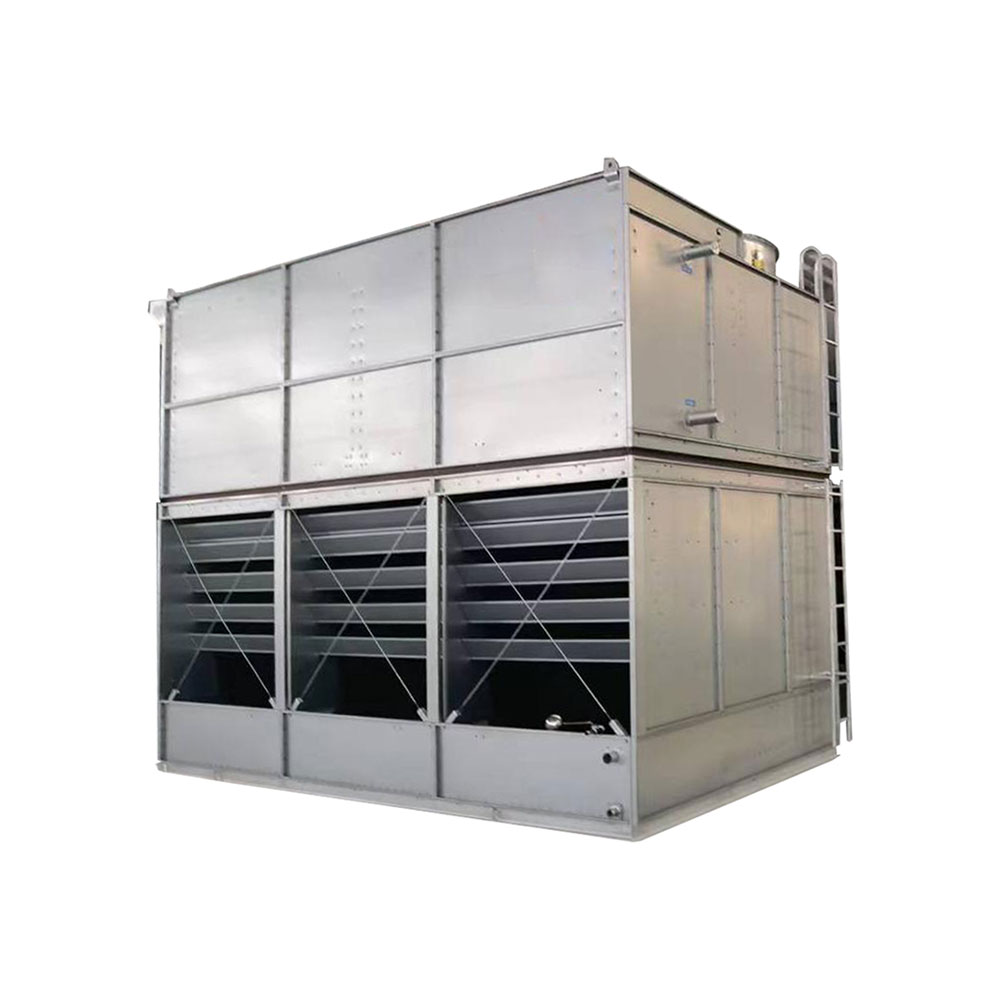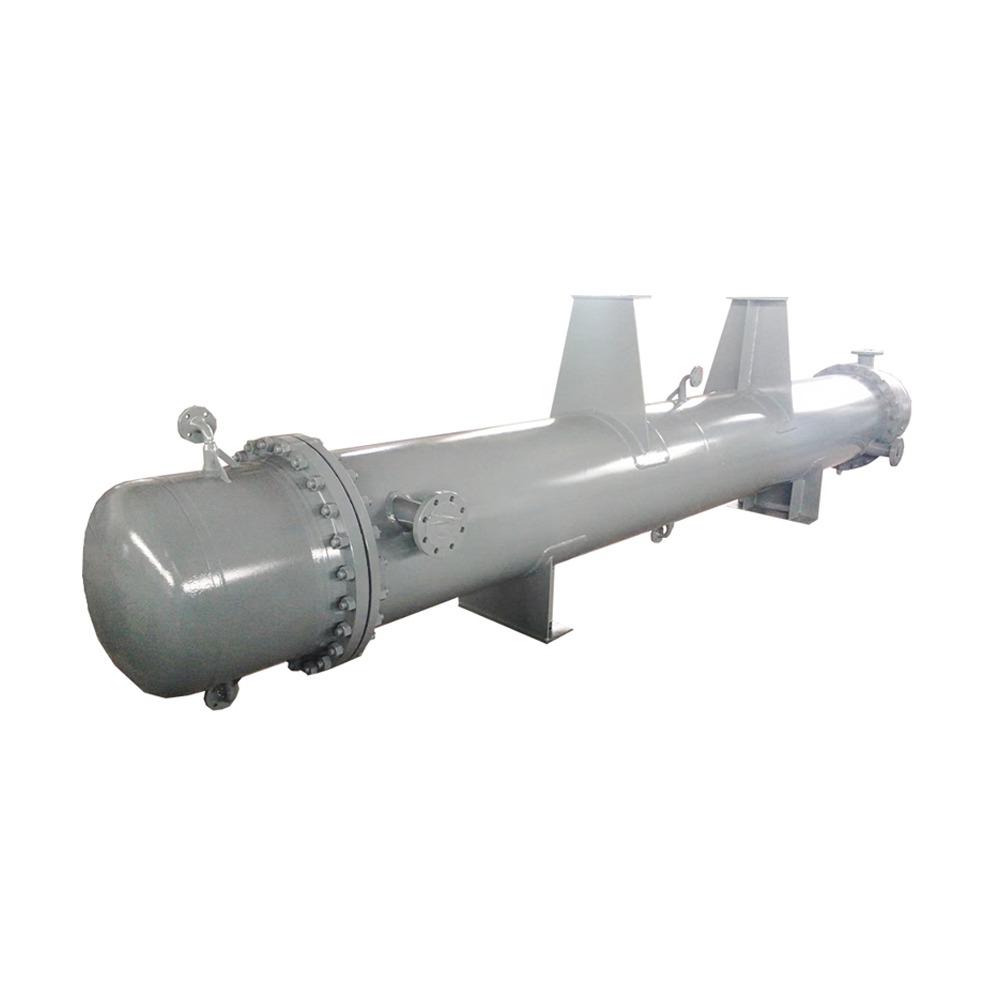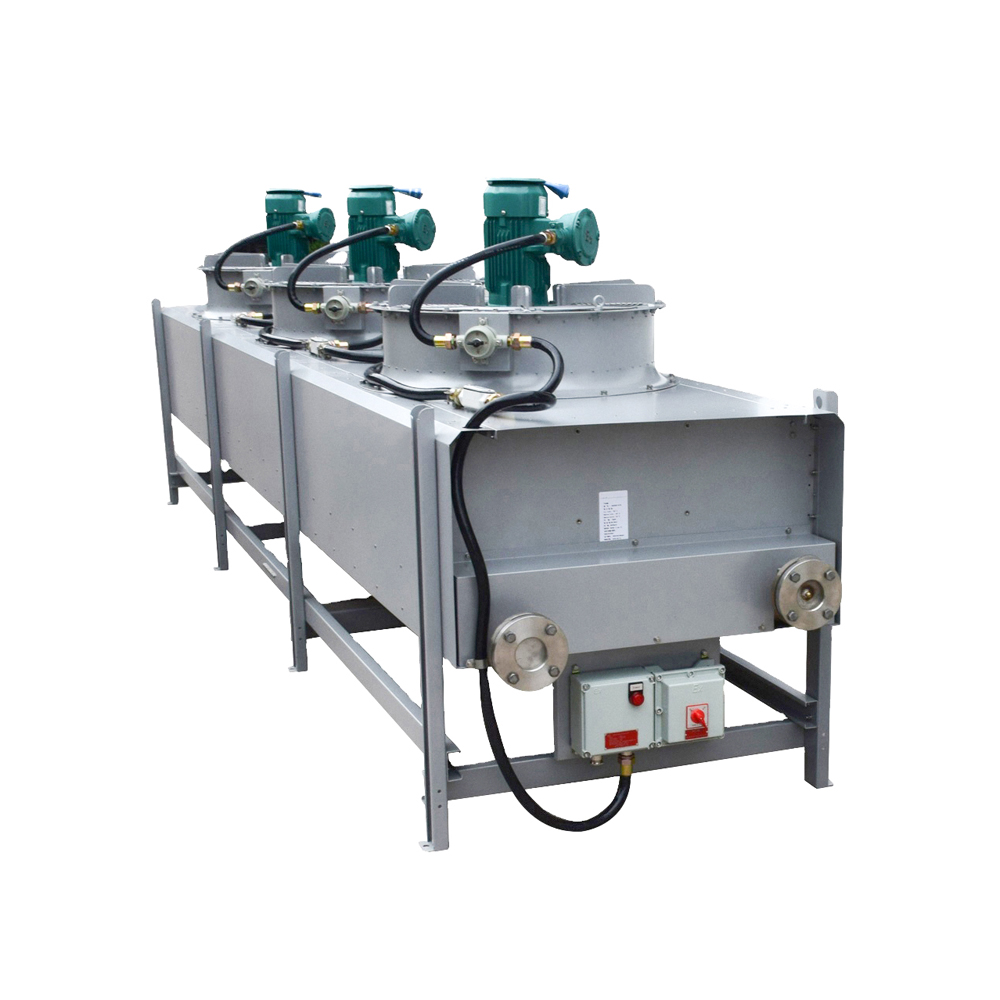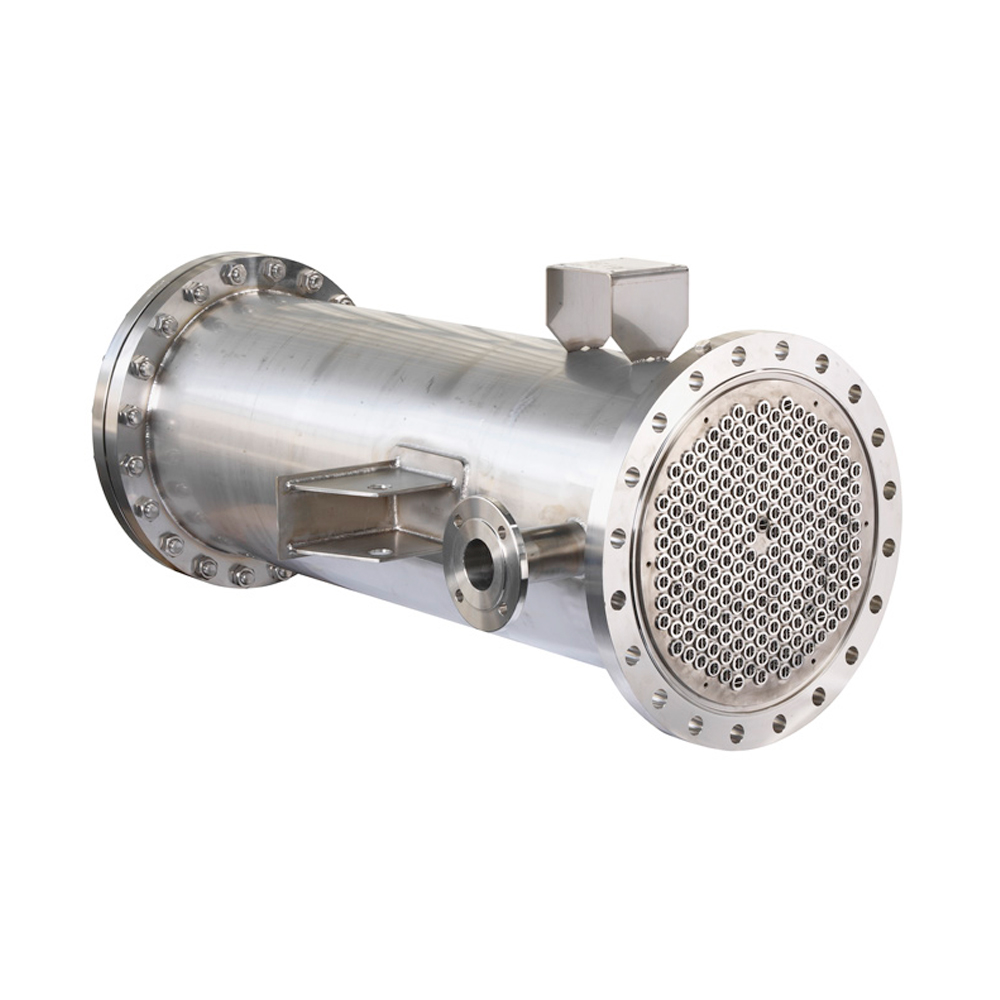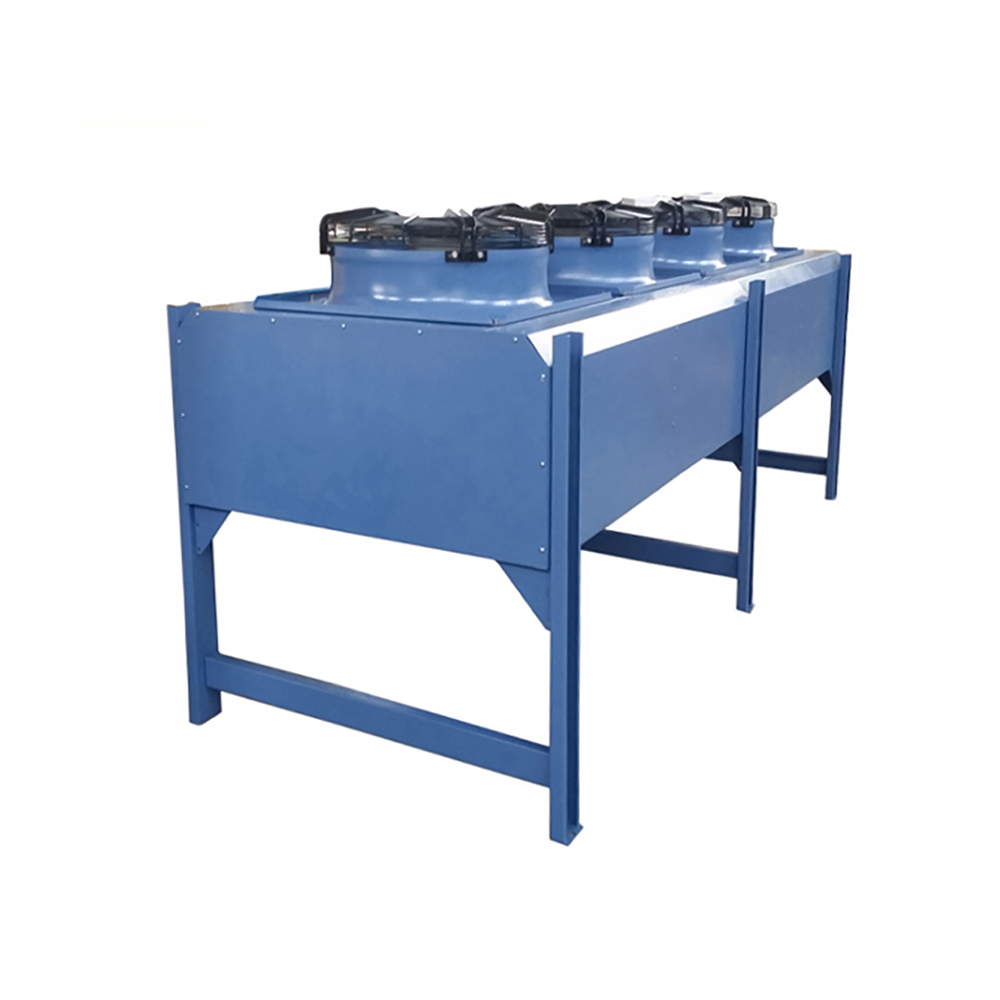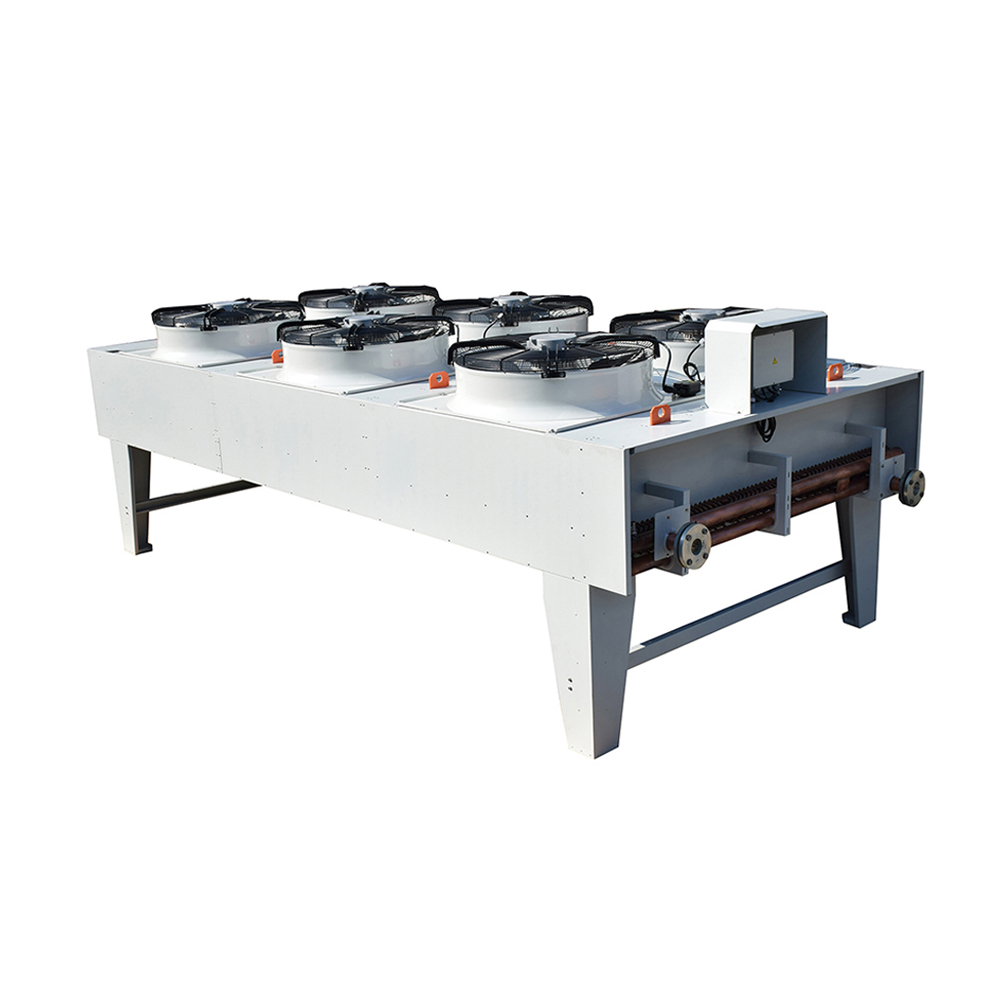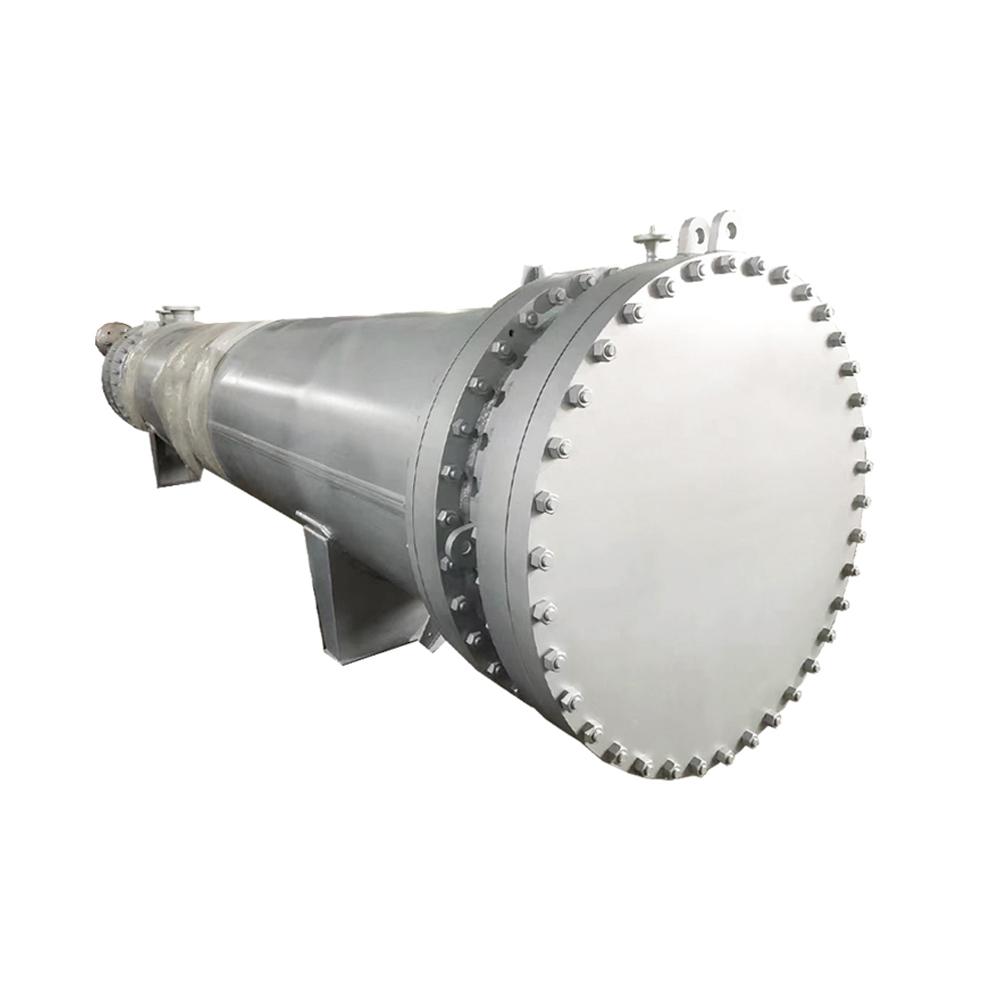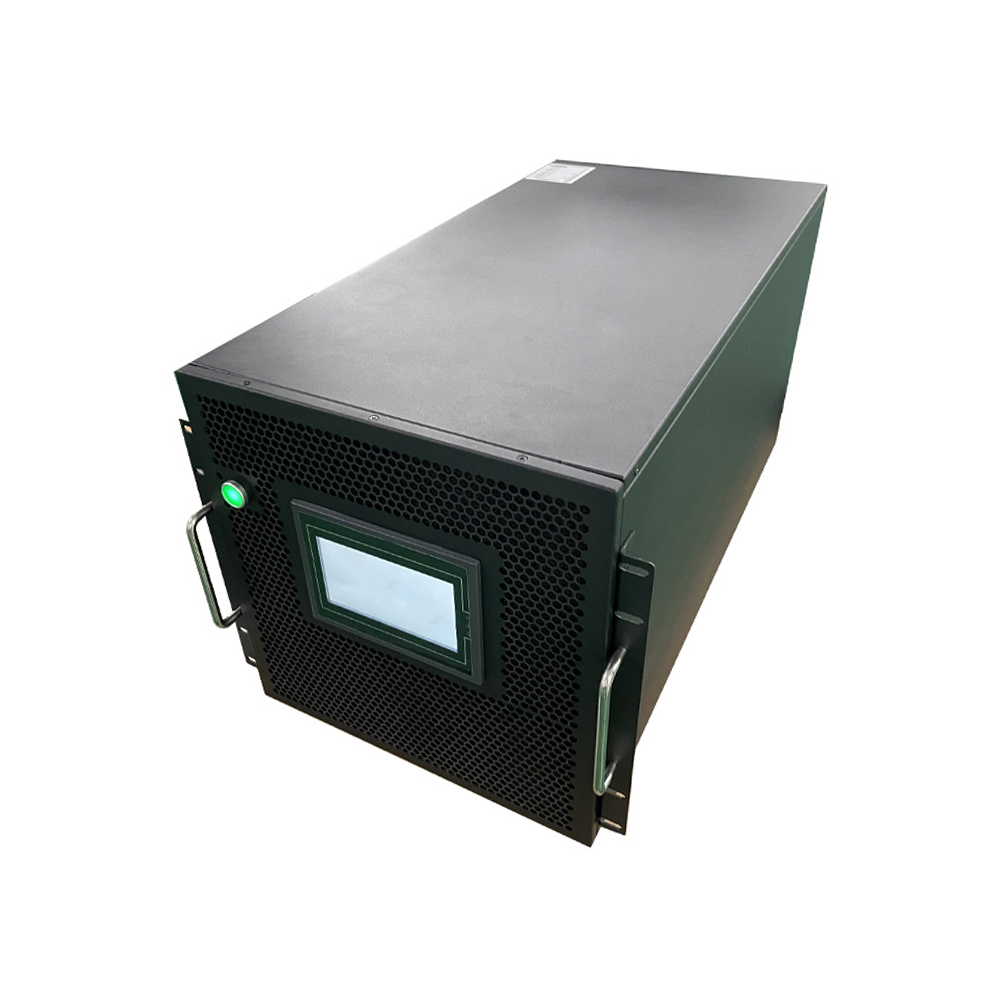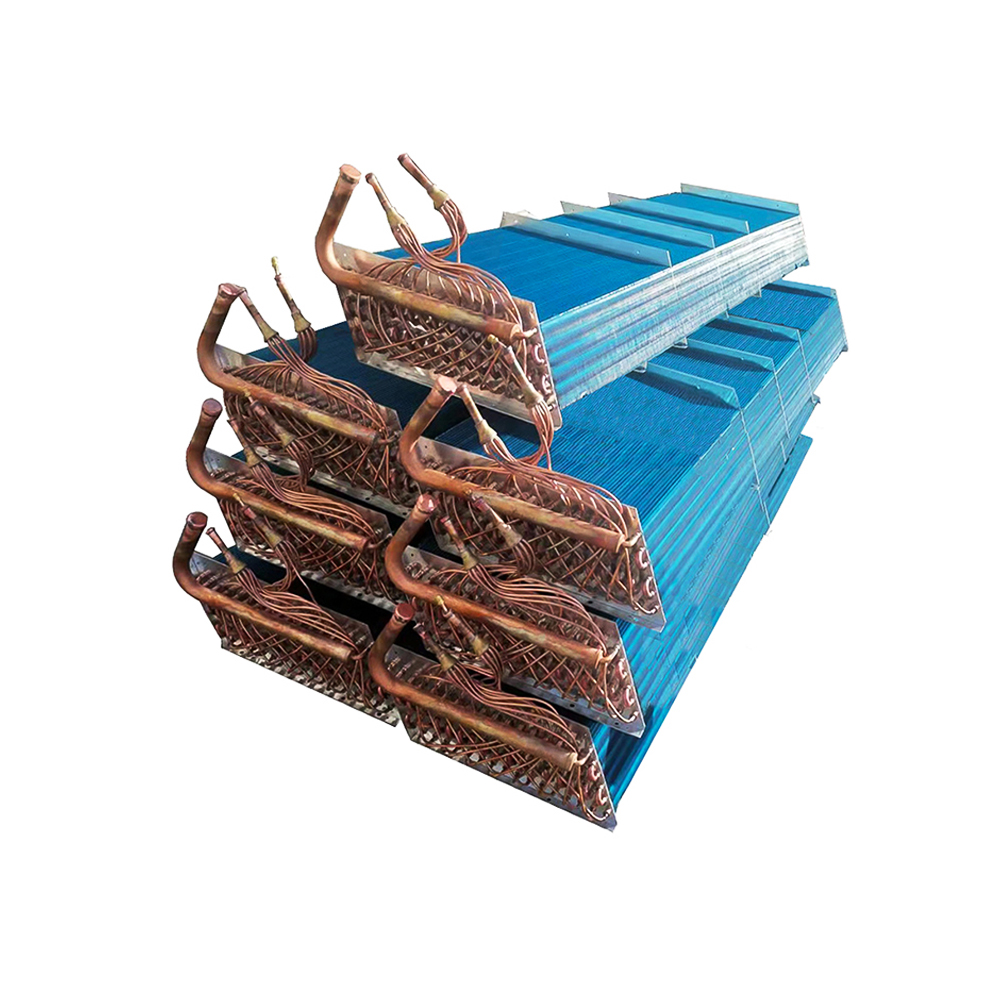Choosing the right open type cooling tower is crucial for efficient and reliable industrial cooling. This guide provides an in-depth analysis to help you select the best open type cooling tower for your specific needs, considering factors like capacity, efficiency, maintenance, and cost. We’ll cover key features, compare different models, and offer practical advice for making an informed decision. Learn about various applications, materials, and best practices for optimal performance and longevity.
Understanding Open Type Cooling Towers
What are Open Type Cooling Towers?
Open type cooling towers are evaporative cooling systems that use the evaporation of water to dissipate heat. Air is drawn into the tower, where it comes into contact with warm water. As the water evaporates, it absorbs heat, cooling the remaining water. The cooled water is then recirculated, typically in an industrial process. This contrasts with closed-loop systems which don't allow water to evaporate. This type of system is often used in power plants, industrial facilities, and HVAC applications. Understanding their working principles is key to choosing the best model for your specific application.
Types of Open Type Cooling Towers
Several types of open type cooling towers exist, each designed for different applications and capacities. These include:
- Counterflow towers: Air and water flow in opposite directions, maximizing heat transfer efficiency.
- Crossflow towers: Air and water flow perpendicularly, often featuring a simpler design and lower initial cost.
- Induced draft towers: A fan pulls air through the tower, creating a vacuum which enhances the cooling process.
- Forced draft towers: A fan pushes air through the tower, providing more consistent air flow.
The choice depends on factors such as available space, budget, and desired performance characteristics. Consider your specific needs and constraints when making this decision.
Factors to Consider When Choosing an Open Type Cooling Tower
Capacity and Performance
The cooling capacity of a open type cooling tower is measured in tons of refrigeration (TR) or kilowatts (kW). Determine your cooling needs accurately to avoid undersizing or oversizing the unit. This often involves analyzing your specific industrial process and heat loads.
Materials and Durability
Open type cooling towers are typically constructed from materials such as fiberglass reinforced polyester (FRP), galvanized steel, or concrete. FRP towers are known for their corrosion resistance and lightweight design, while galvanized steel towers are more robust but susceptible to corrosion over time. Consider the environmental conditions and the expected lifespan of the tower when selecting the material.
Maintenance and Operating Costs
Regular maintenance is crucial for the optimal performance and longevity of your open type cooling tower. Factors influencing maintenance include the accessibility of components, the frequency of cleaning, and the availability of spare parts. Consider the long-term operating costs, including energy consumption, water usage, and maintenance expenses, when making your selection.
Choosing the Right Open Type Cooling Tower: A Comparison
| Feature | Counterflow | Crossflow |
| Efficiency | Higher | Lower |
| Space Requirements | Higher | Lower |
| Initial Cost | Higher | Lower |
| Maintenance | More complex | Simpler |
Shanghai SHENGLIN M&E Technology Co.,Ltd: Your Trusted Partner for Open Type Cooling Towers
For high-quality open type cooling towers and expert solutions, consider Shanghai SHENGLIN M&E Technology Co.,Ltd. We offer a wide range of open type cooling towers to meet diverse industrial needs. Contact us today to discuss your specific requirements.
Disclaimer: This information is for general guidance only. Specific application requirements may vary. Always consult with a qualified professional for your specific cooling tower needs.









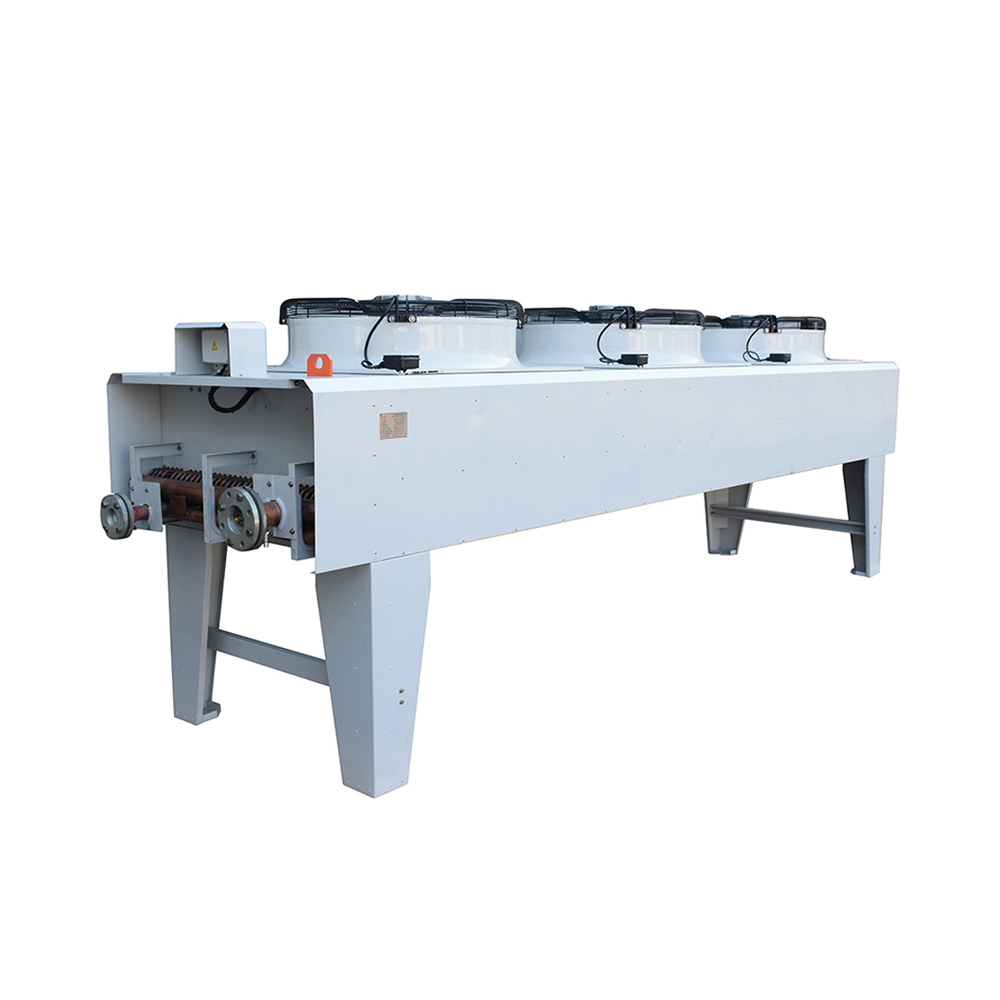
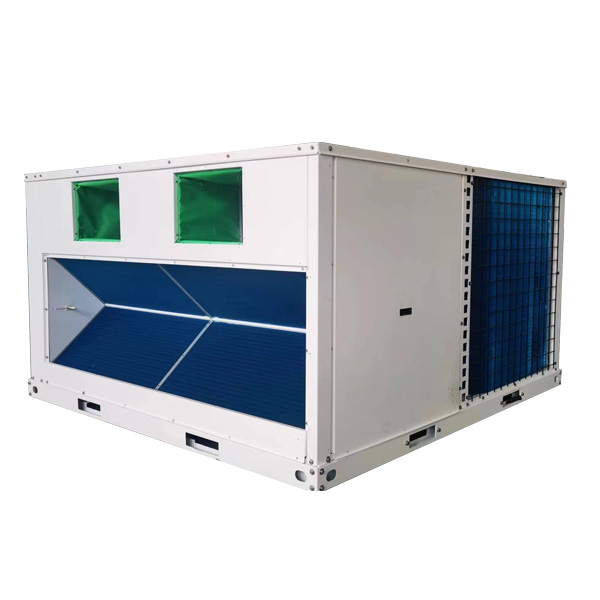
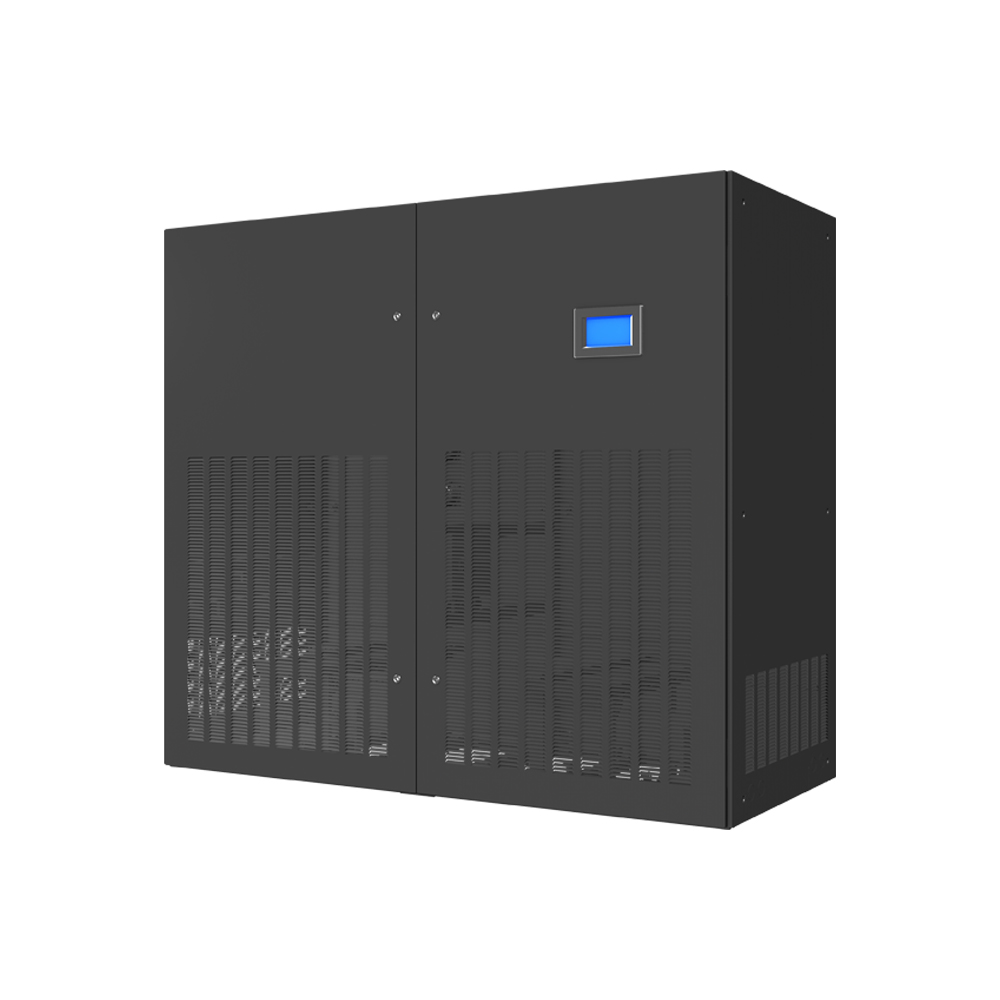
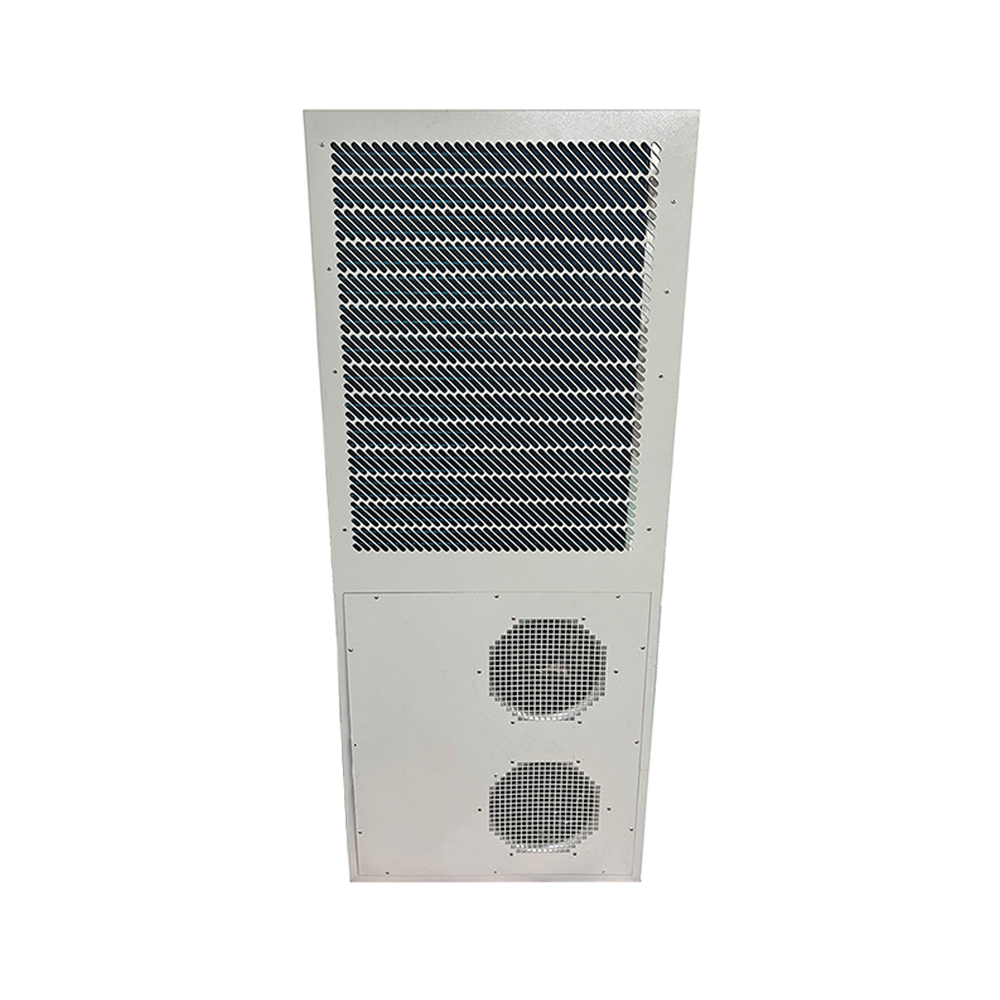
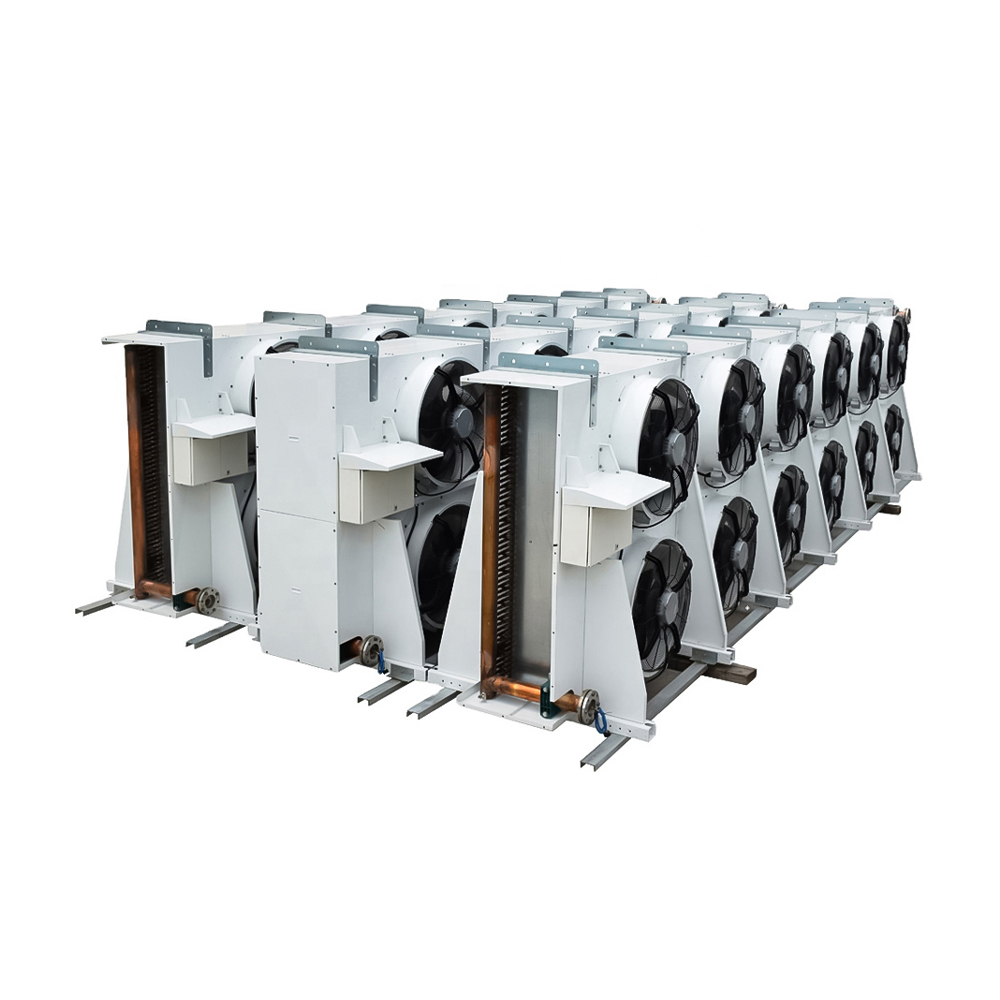
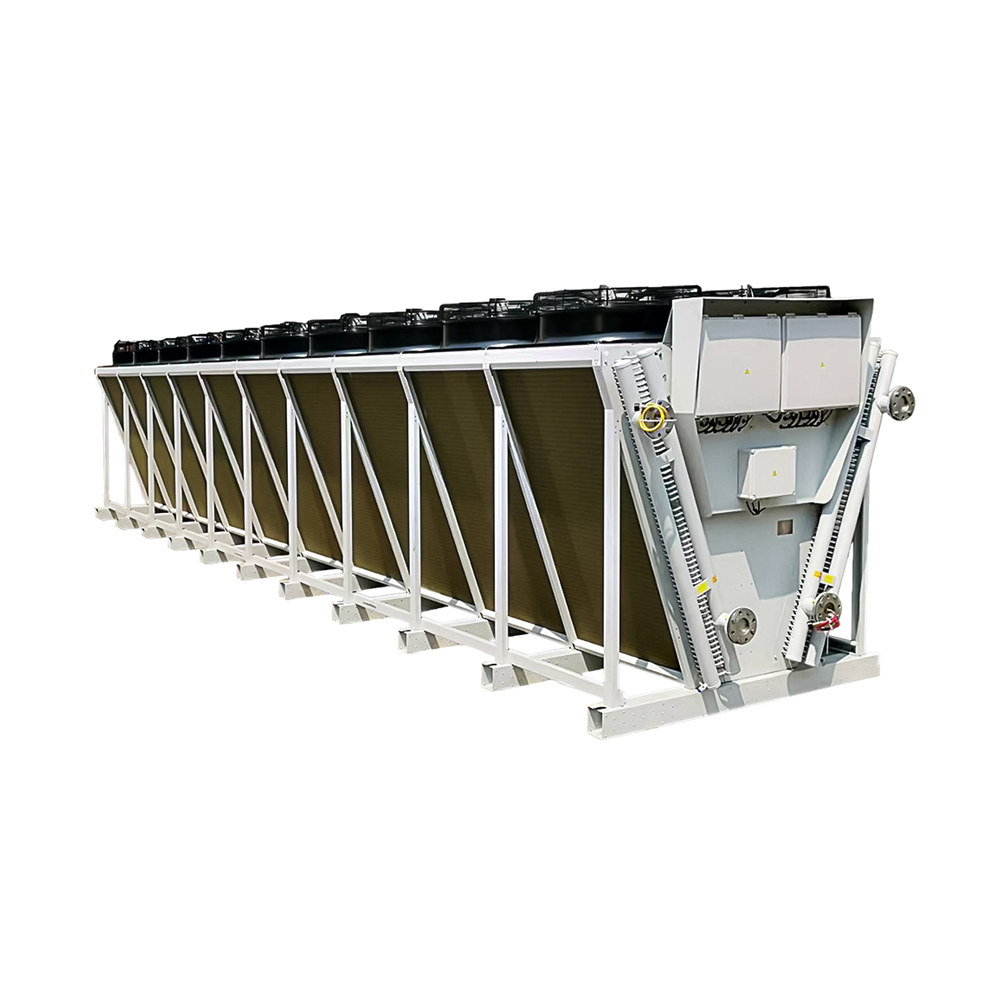
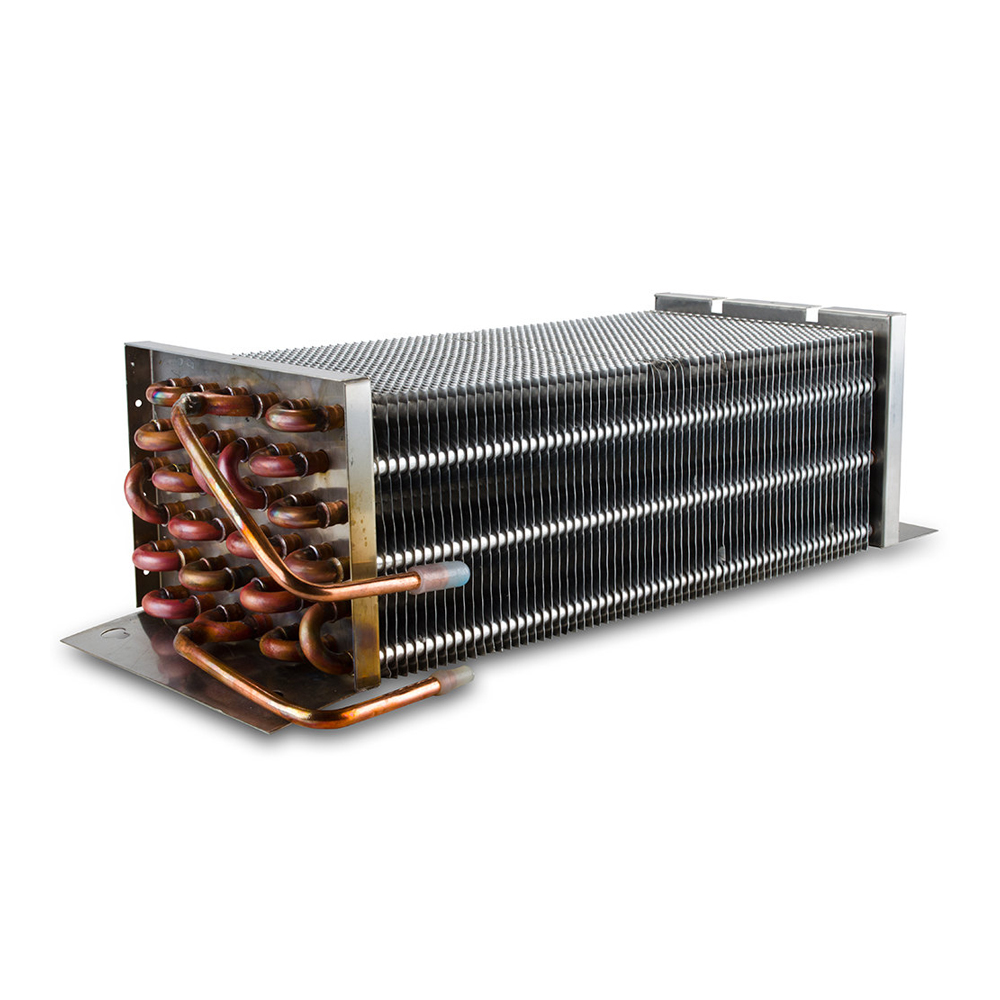
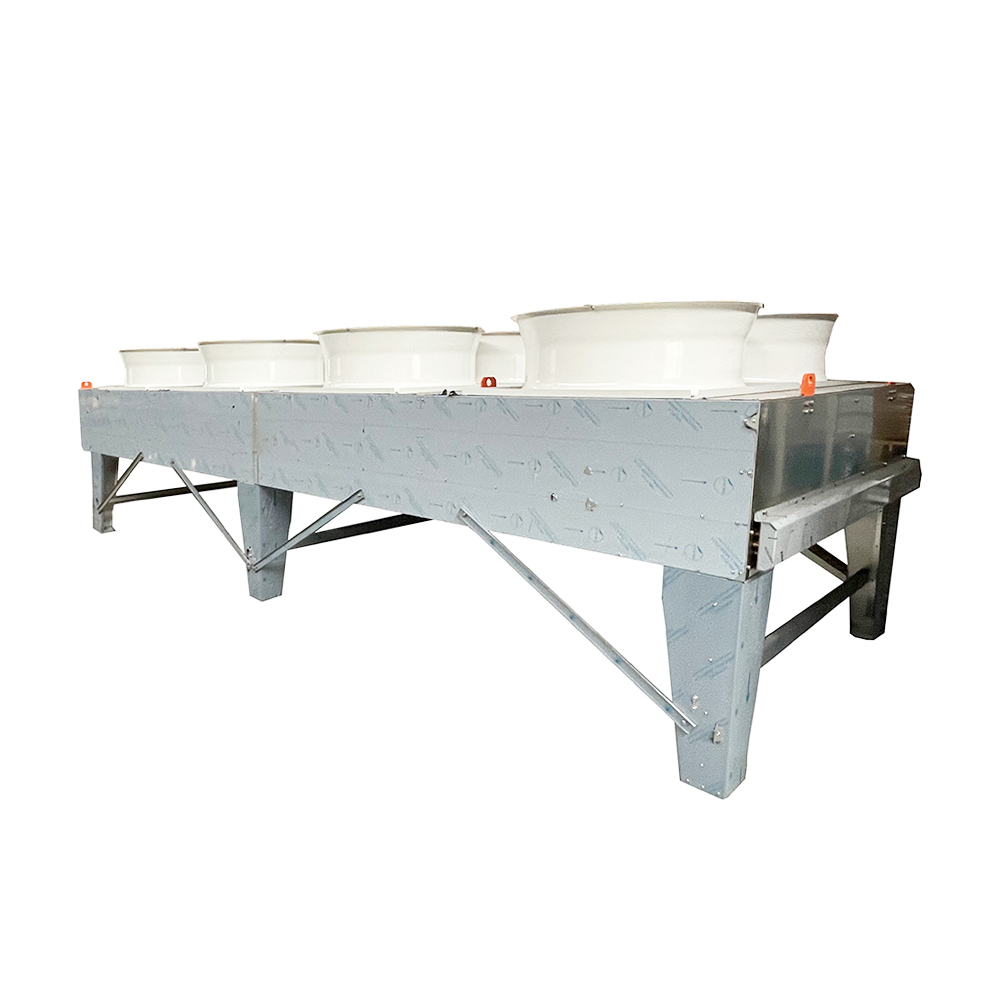

.jpg)
